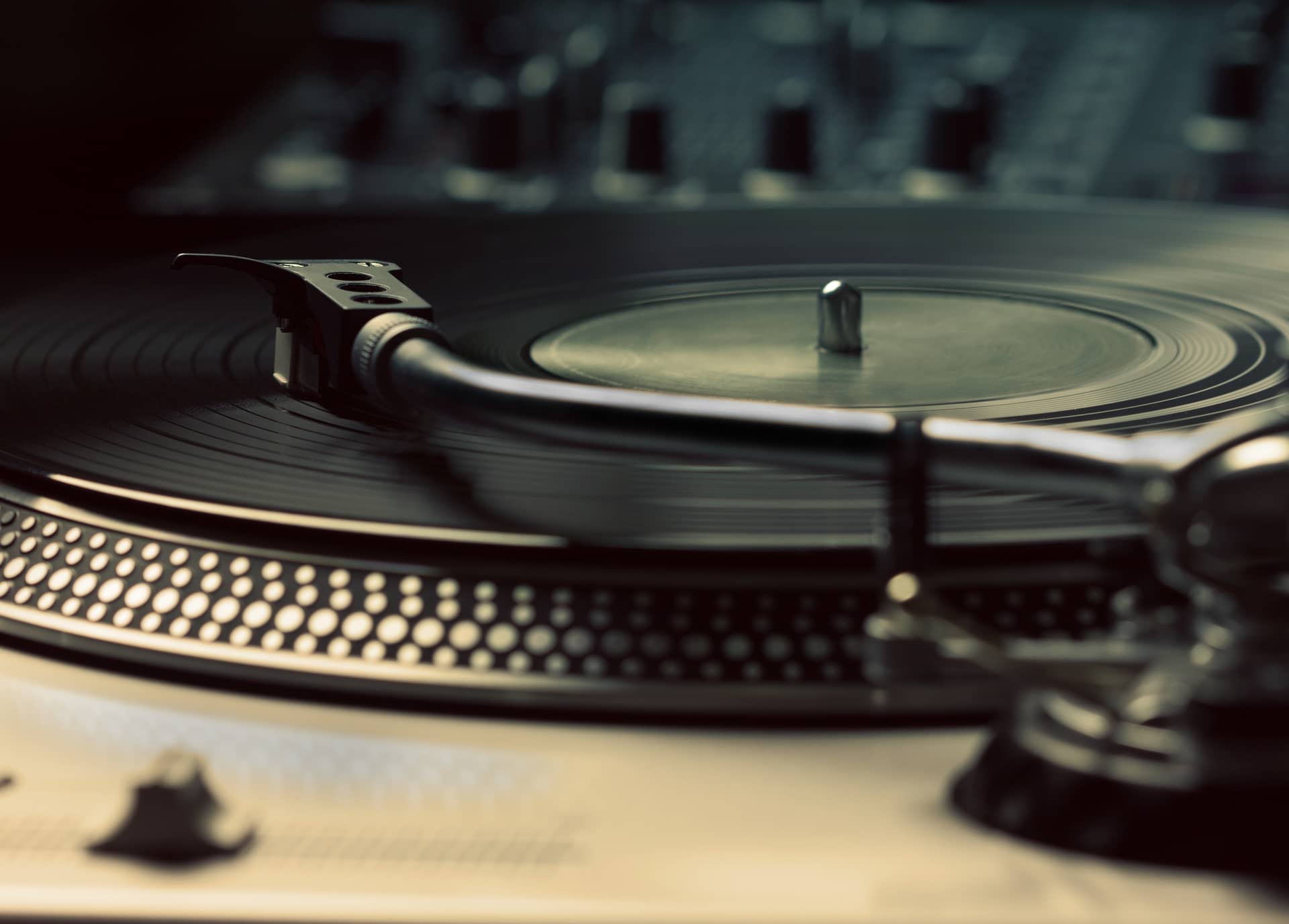
Before digital apps and brain-training games promised to sharpen your mind, humanity already had access to a powerful, ancient cognitive enhancer. It's not a pill, a program, or even a new discovery—it’s music. Now, modern science is uncovering just how deeply music can heal, shape, and even rewire the brain. From helping stroke survivors regain lost abilities to boosting memory in healthy adults, music’s influence on the mind runs far deeper than we imagined. But could it really improve your brain’s gene expression?
Key Takeaways
-
Music speeds recovery after a stroke – Stroke patients who listened to music for just two hours a day saw faster and more significant improvements in memory, attention, and mood than those who didn’t.
-
Musical activity keeps the aging brain sharp – Even simple musical practices like rhythm-keeping with instruments such as singing bowls can help preserve cognitive function with age.
-
Classical music changes your brain at the genetic level – Listening to Mozart activated memory-related genes and suppressed genes linked to neurodegenerative decline, according to Finnish researchers.
Why Mozart Might Protect You From Memory Loss
During the past few years, technology companies have been trying to devise video games that improve brain power, with only limited success.
What they’re overlooking is that there’s already an easy program -- as old as civilization itself (probably even older) -- that strengthens memory and brain function and that has potent, proven brain benefits.
It’s called music.
Music works so well at improving the brain, researchers in Finland argue it should be an early part of the treatment of stroke victims because it improves their recovery.
Healing Melodies
In their tests of people who have suffered strokes, the Finnish scientists discovered that if the patients listen to music for about two hours daily – beginning as soon as possible after their strokes – their verbal recall, their ability to focus their attention and their mood improve faster and more effectively than those of stroke patients who don’t get to hear music.1
“Everyday music listening during early stroke recovery offers a valuable addition to the patients' care,” says researcher Teppo Särkämö, “especially if other active forms of rehabilitation are not yet feasible at this stage – by providing an individually targeted, easy-to-conduct and inexpensive means to facilitate cognitive and emotional recovery.”
The researchers found that three weeks after the stroke, the music listeners had improved their post-stroke verbal memory by an average of 60 percent. People who did not listen to music improved by only 18 to 29 percent. In addition, the ability to focus mental attention went up by 17 percent in the patients who got music but hadn’t made much progress at all in non-listeners.
And six months after the stroke, the difference in recovery was still significantly better in the people who had music.
Good for Everyone, Not Just Stroke Victims
But even if you don’t have a stroke, research in California shows that playing music can help you retain your intellectual abilities as you grow older.
And don’t be intimidated by thinking you need to play a complicated instrument like a piano or guitar. The researchers found that you can help your brain by keeping a rhythm and making sounds with an instrument like a Tibetan singing bowl, which is just a small bell that you hit with a wooden mallet.2
An added tip – if you want to use music to help your brain retain its abilities, another study in Finland shows that your best bet is listening to (or playing) classical music.3
In this test, scientists at the University of Helsinki had people listen to a composition by Mozart. They found that this music had epigenetic effects in the brain (i.e. it enhanced or restricted the activity of certain genes):
Dopamine production and distribution activity increased, conceivably helping to lower the risk of neurodegenerative conditions like Parkinson’s disease.
- Learning and memory genes were more active, potentially improving intellectual abilities.
- Genes linked to neuron malfunction were inhibited, possibly protecting against memory loss.
Interestingly, other research shows that the rhythm of our brain waves helps us interpret both music and speech, so that if you listen closely to music very frequently, you may help your brain function more effectively in its control and interpretation of language. That’s an important skill for staying mentally sharp as you age.
An added benefit to all this is the pleasure you can get from music. And even though many studies show how music improves mood, you don’t need medical research to understand that listening to music you like almost always makes you feel better.
Summary
Recent research reveals that music is a powerful tool for brain health, capable of significantly improving memory, attention, and mood in stroke patients, especially when used early in recovery. A Finnish study showed that just two hours of music listening daily led to major cognitive gains. But the benefits aren’t limited to stroke recovery. Studies also show that playing or listening to music can keep the aging brain sharp and even alter gene activity, boosting memory-related functions and suppressing those linked to neurodegeneration. Classical music, in particular, appears to trigger the most beneficial genetic effects. Beyond the science, music remains a deeply enjoyable and accessible way to support cognitive well-being.
